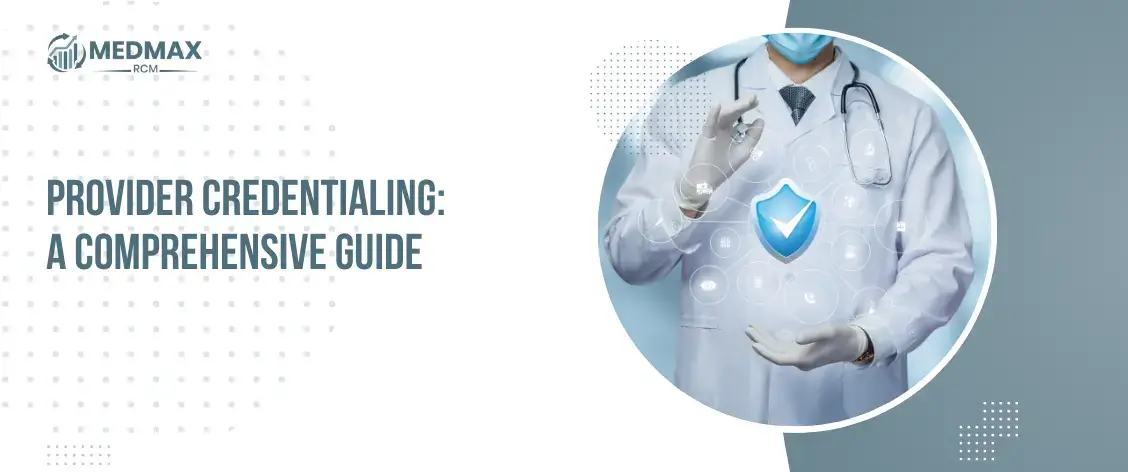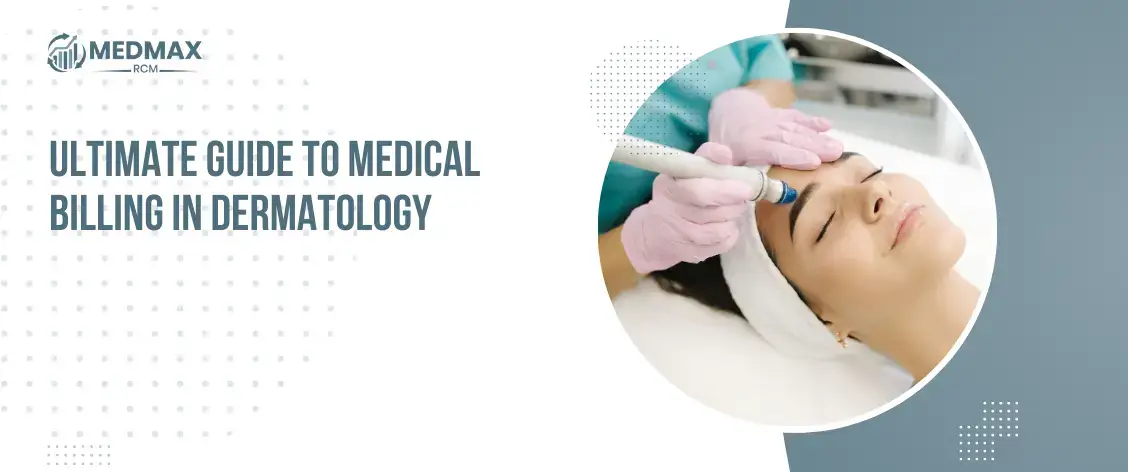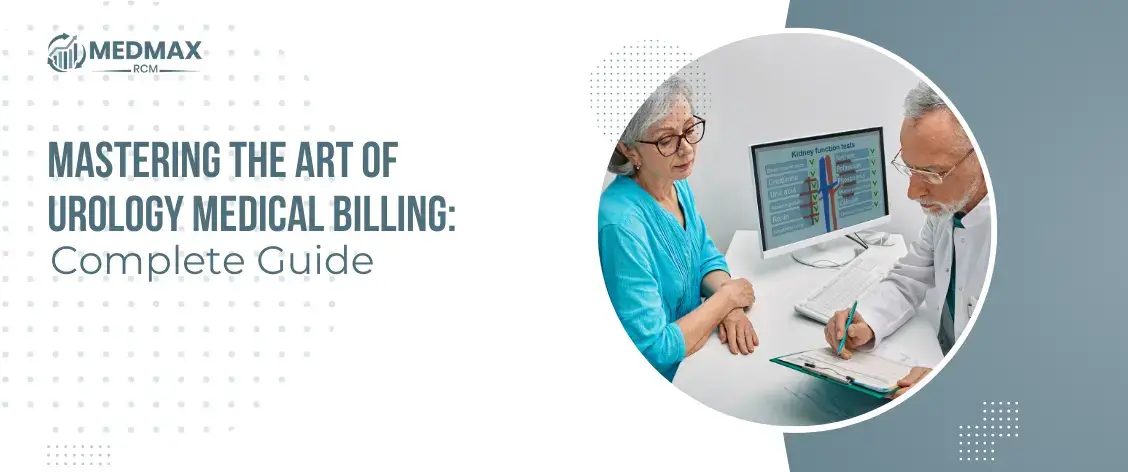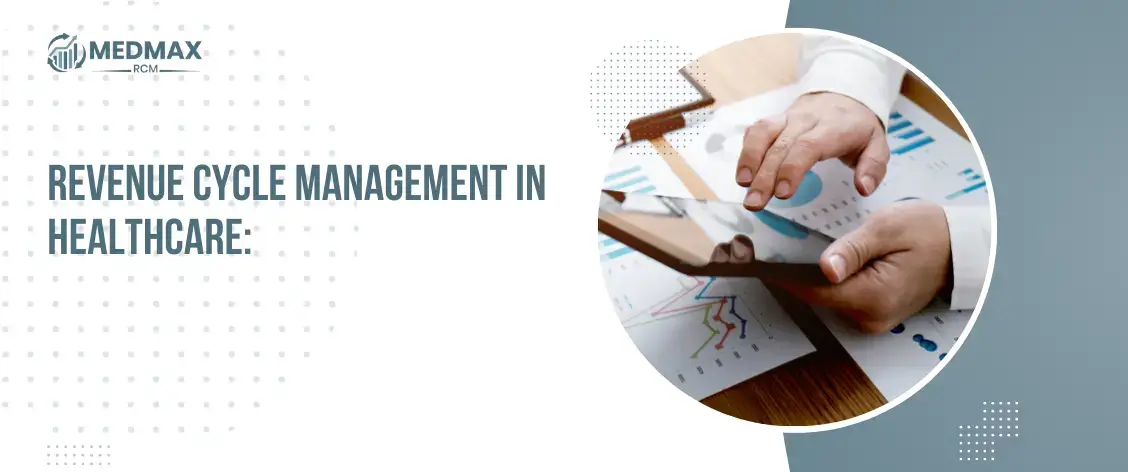
Provider Credentialing: A Comprehensive Guide
Credentialing specialists and provider enrollment and credentialing services play a critical role in the healthcare industry. These professionals and services ensure that healthcare providers meet certain standards and requirements to deliver quality care to patients. In this blog, we will delve into the world of provider credentialing and how it helps maintain the standards of the healthcare industry.
Table of Contents
ToggleWhat is Provider Credentialing?
Provider credentialing refers to the process of verifying the qualifications and credentials of healthcare providers, such as doctors, nurses, and other medical professionals. The process involves verifying the provider’s education, training, licensing, and insurance information. Credentialing helps to ensure that healthcare providers meet the standards set by the healthcare industry and that they have the necessary qualifications to provide quality care to patients.
Why is Provider Credentialing Important?
Provider credentialing is crucial for a number of reasons. Firstly, it helps to maintain the standards of the healthcare industry and ensures that patients receive quality care from qualified providers. Secondly, it helps to reduce medical errors, as healthcare providers who are not adequately qualified may make mistakes that can harm patients. Finally, provider credentialing helps to ensure that healthcare providers are held accountable for their actions and that they are appropriately insured.
Who is Provider Credentialing For?
You could be understood for assuming that the answer to the question “Who is provider credentialing for?” is obvious: the patient. But the main purpose of the procedure is to ensure that everyone involved works in a secure and high-quality environment. Credentialing healthcare providers is the first step in creating an atmosphere that is safe, welcoming, and professional. This expectation applies to all other clinicians and all other members of the healthcare team. In order to contribute to the maintenance of this secure atmosphere, providers are required to go through an initial round of credentialing.
After that, their credentials are reevaluated typically once every two years to guarantee that they maintain their level of expertise. Throughout the entirety of those two years, performance data is gathered on providers at regular intervals in order to inform future judgments on their level of competence. Without the credentialing process, healthcare institutions put the health and safety of everyone involved in the treatment they provide at risk, which might lead to legal complications
The Provider Credentialing Process
The provider credentialing process typically involves several steps, including:
Provider Application
Healthcare providers must submit an application to the credentialing specialist or provider enrollment and credentialing service. This application includes information about the provider’s qualifications, education, training, and insurance.
Verification
The credentialing specialist or provider enrollment and credentialing service verify the information provided in the application. This may involve contacting the provider’s educational institutions, licensing boards, and insurance companies to confirm the information provided.
Background Check
The credentialing specialist or provider enrollment and credentialing service will also perform a background check on the provider to ensure that they have not had any legal or ethical violations
Approval
Once the provider’s information has been verified and a background check has been completed, the credentialing specialist or provider enrollment and credentialing service will approve the provider’s application.
Ongoing Monitoring
The provider’s credentials will be monitored on an ongoing basis to ensure that they continue to meet the standards set by the healthcare industry.
Challenges of Credentialing Process
What is the leading cause of credential-acquiring delays? 25% of medical professionals believe that variations in procedure from one state to another or from one country to another present a problem. On the other side, 20% believe that the procedure must be repeated frequently, which is a difficulty. Getting references from colleagues and finding enough time to finish the procedure are two additional problems that may arise.
There are other problems that arise when applicants offer insufficient information. When a candidate puts in the information that is either incomplete or missing entirely, it opens the door for a conversation between the state’s credentialing authority and the applicant. These exchanges are not swift, and as a result, the procedure might be delayed by several weeks.
Managing credentials, on the other hand, comes with the additional issue of dealing with information that is incomplete. This responsibility continues to rest with the supplier, who is also responsible for maintaining an orderly database of all relevant information. The majority of the challenges associated with physician credentialing may be avoided by outsourcing credentialing services to a trustworthy medical billing company such as Medmax.
Benefits of Outsourcing Provider Enrollment and Credentialing Services
There are several benefits to using provider enrollment and credentialing services, including:
Increased Efficiency: Provider enrollment and credentialing services can help to streamline the provider credentialing process and make it more efficient. This is because these services have the expertise and resources to verify provider information quickly and accurately.
Improved Accuracy: Provider enrollment and credentialing services have the experience and knowledge to ensure that provider information is accurate and up-to-date. This helps to reduce the risk of medical errors and ensures that patients receive quality care from qualified providers.
Cost Savings
Using provider enrollment and credentialing services can help to reduce the costs associated with the provider credentialing process. This is because these services have the resources and expertise to verify provider information more efficiently and effectively.
Wrap Up!
Provider credentialing is a critical aspect of the healthcare industry that helps to maintain standards and ensure that patients receive quality care from qualified providers. Credentialing specialists and provider enrollment and credentialing services play a crucial role in this process, helping to verify provider information and ensure that healthcare providers meet the standards set by the industry. By using these services, healthcare organizations can benefit from increased efficiency, improved accuracy, and cost savings.
The process of provider credentialing involves verifying the qualifications and credentials of healthcare providers, including their education, training, licensing, and insurance information. The provider credentialing process is typically carried out by credentialing specialists or provider enrollment and credentialing services, which help to streamline the process and ensure that it is carried out efficiently and accurately.
Healthcare organizations can outsource their credentialing services to benefit from increased efficiency, improved accuracy, and cost savings. Medmax has the expertise and resources to verify provider information quickly and accurately, reducing the risk of medical errors and ensuring that patients receive quality care from qualified providers.

Williams Clark
Williams Clark is a dual-certified healthcare professional with CPC and CHC credentials. With over a decade of experience in medical billing and compliance auditing, David provides deep insights into payer policies, denial prevention, and accurate coding practices. His mission is to empower medical billers and healthcare providers with the knowledge to stay compliant and profitable.





